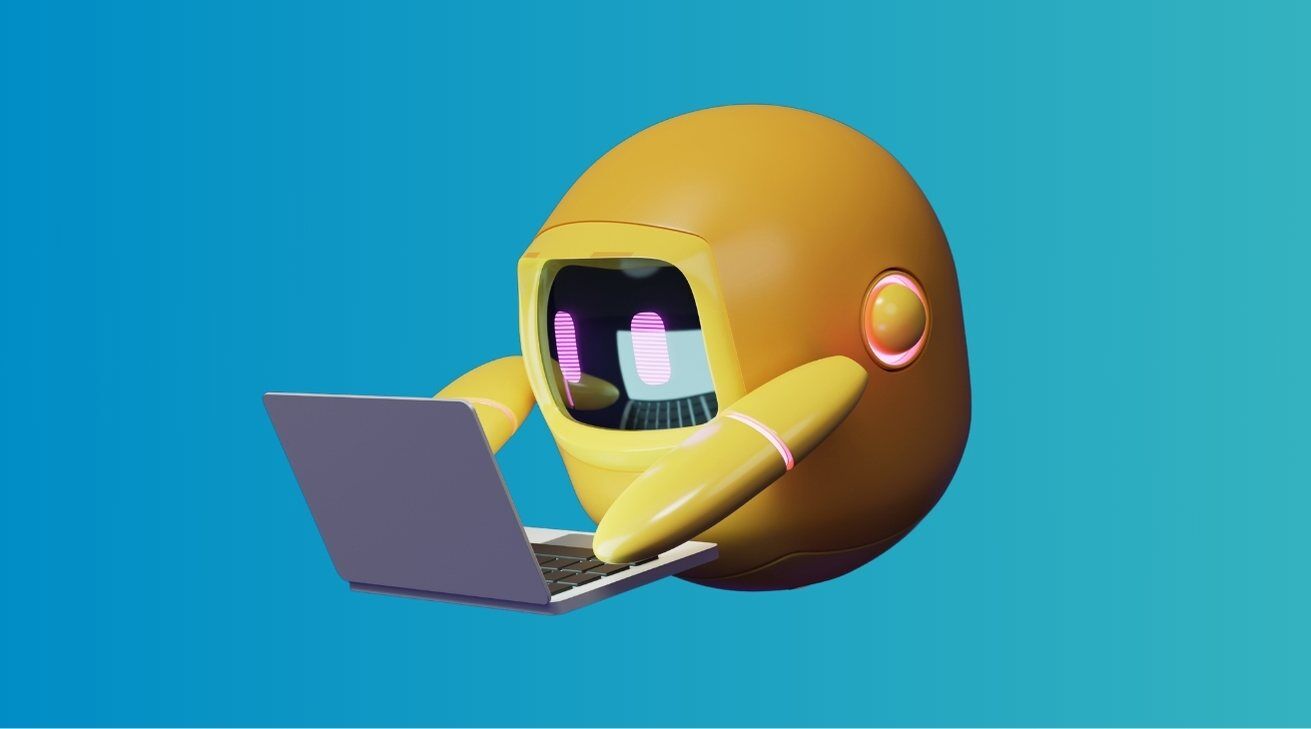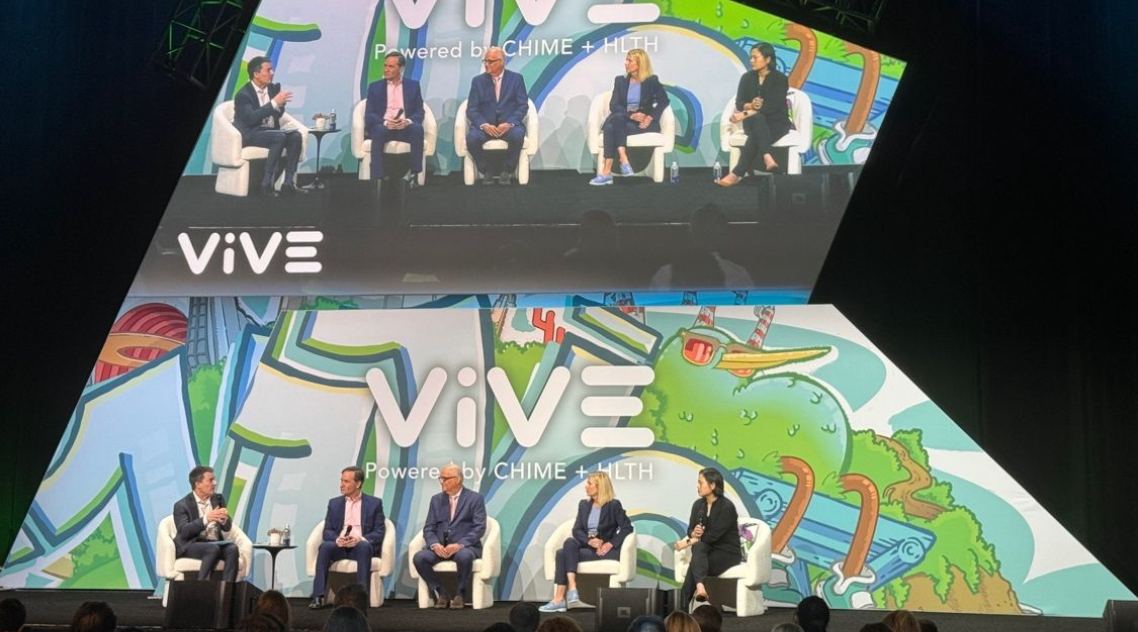Artificial Intelligence (AI) is transforming the landscape of Human Resources (HR) and Talent Acquisition (TA), ushering in a new era of heightened efficiency and strategic decision-making. Amid a constant influx of new tools and innovations, the HR and TA industry faces the challenge of staying abreast of the latest developments, making informed decisions about integration, and striking the right balance between innovation and apprehension.
However, it is important to note that AI is not a novel concept. It has taken various forms over the years, ranging from chatbots to administrative AI tools. Now, we have reached a pivotal moment where organizations are actively seeking talent with AI skills and capabilities. In order to secure our future and achieve success, it is imperative that we all embrace innovation and begin leveraging the power of AI.
LevelUP recently organised an event focused on AI Driven HR, bringing together some of the most brilliant minds in the AI and HR fields to discuss this crucial topic. As organisations delve deeper into the transformative potential of AI, several key insights have emerged, providing invaluable guidance for HR professionals on their journey to success.
Want to watch the full event video? Click here.
1. AI's Transformative Impact on Candidate Experience
AI has undeniably had a significant impact on the candidate experience, leading to a remarkable 90% increase in satisfaction attributed to specific AI technologies. This statistic showcases the potential of AI to go beyond mere automation and foster meaningful interactions that enhance the overall onboarding journey. By incorporating AI tools during the interviewing and onboarding stages, organisations can greatly enhance the candidate experience, ultimately bolstering their brand. The early stages of an employee's journey with an organisation play a crucial role in their overall experience, and leveraging AI can provide personalised experiences through both machine learning and human interaction.
2. Beyond Automation: Rethinking the Role of AI in HR
In HR and TA, conversations about AI commonly gravitate toward automating tasks to enhance efficiency. However, we need to rethink how AI's role can extend beyond mere automation. It's about unleashing the transformative capabilities of generative AI, marking a shift from routine task streamlining to a realm of new possibilities. The critical element in this evolution is finding the right equilibrium between human skills and technological abilities. Success in integrating AI into HR practices hinges on striking a balance that optimally combines the unique strengths of human capability and creativity with the precision and efficiency of AI. This perspective encourages AI becomes a catalyst for an innovative and effective partnership between humans and machines in the HR landscape.
3. Governance and Privacy as Cornerstones of AI Integration
One of the most rapidly evolving aspects of AI is the regulation surrounding its use, capabilities, and protection for users. As organisations continue to integrate AI into their HR processes, it becomes crucial to engage in comprehensive discussions regarding regulation, privacy, and data protection. Leaders have a responsibility to explore the ethical and legal implications of AI advancements and ensure that adaptable frameworks are constructed to align with existing regulations such as the General Data Protection Regulation (GDPR).
In the era of AI, safeguarding data privacy becomes an essential cornerstone in the integration of AI into HR processes. With the vast amount of data being collected and analysed by AI systems, organisations must prioritise the protection of sensitive employee information. This includes implementing robust security measures to prevent unauthorised access, ensuring data is stored and transmitted securely, and obtaining explicit consent from individuals regarding the use of their personal data.
Furthermore, organisations must consider the potential biases and discrimination that can arise from AI algorithms. As AI systems are trained using historical data, there is a risk that these systems may perpetuate existing biases or make decisions that disproportionately impact certain groups. Leaders must proactively address this issue by regularly auditing and testing AI algorithms for fairness and bias and implementing measures to mitigate any identified biases.
4. Strategic AI Platform Selection: Moving Beyond Efficiency
Strategic selection of AI platforms is emerging as a key consideration for HR professionals. While efficiency gains in terms of cost and time are essential, the spotlight now extends to technology that goes beyond mere automation. The emphasis lies on platforms that enhance candidate attraction, foster team cohesion, and maintain competitiveness. Choices must align with organisational goals and adapt to the evolving needs of the HR landscape. Best practices in AI integration are highlighted, emphasising the foundational importance of data quality, continuous learning, and collaboration. These principles serve as pillars for successful AI adoption in HR, emphasising the necessity for organisations to foster a culture of adaptability and learning.
5. Shared AI Strategy: A Crucial Element in Digital Transformation
Collaboration serves as the cornerstone for a successful digital transformation in HR with AI. A shared AI strategy that encompasses the entire organisation, rather than being limited to HR, is crucial. It is recommended to adopt a phased approach, starting with automation and gradually integrating more strategic AI applications. This approach ensures alignment with business objectives and safeguards against potential challenges in the implementation of AI.
In Conclusion: Navigating AI in HR with Foresight
AI in HR demands a nuanced, strategic approach. Organisations are urged to move beyond perceiving AI as a mere tool for automation and recognise its broader applications. Governance and privacy considerations should take precedence, underlining a commitment to ethical AI practices. Strategic selection of AI platforms, adopting a holistic view of HR, and embracing collaborative strategies for digital transformation are pivotal in successfully unlocking the full potential of AI in HR.
Interested in watching the complete on-demand event video? Take a deeper dive into these insights here.



.png)


